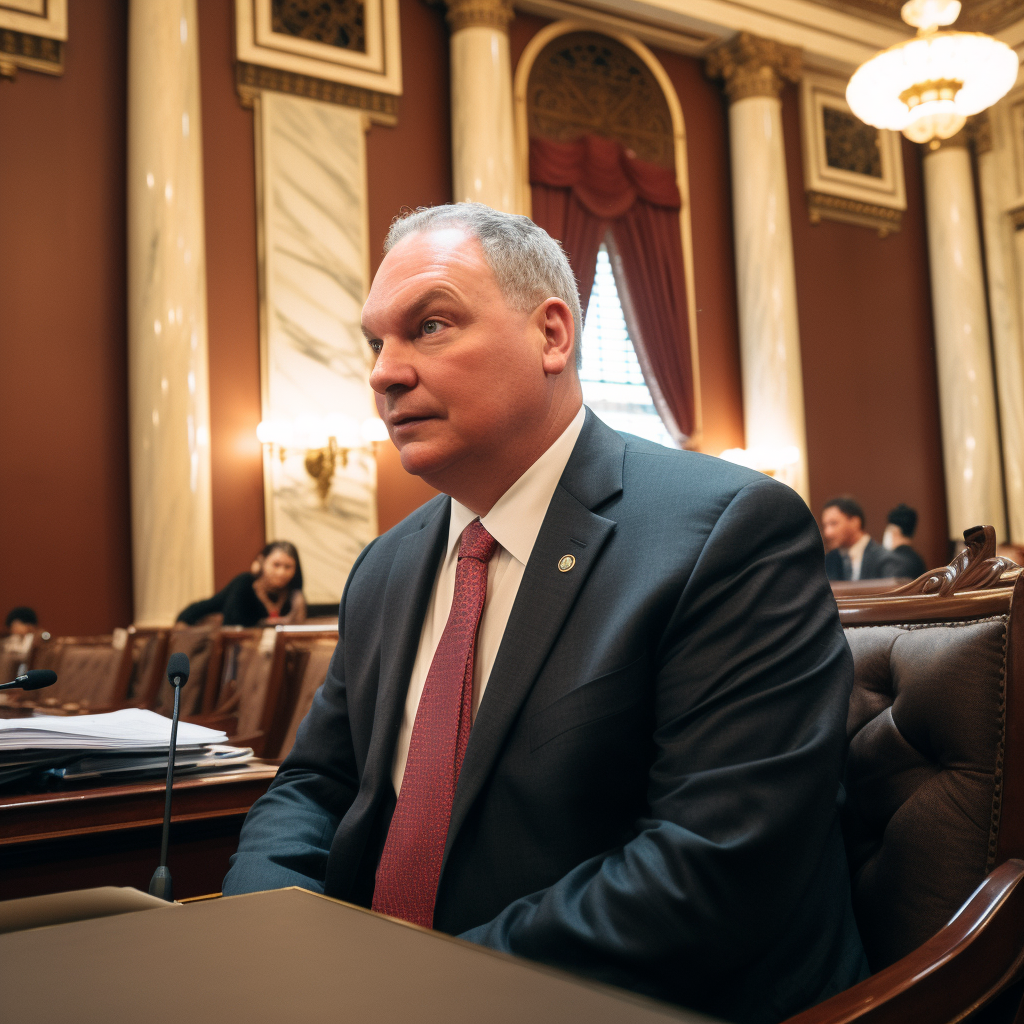July 31, 2023
Clashing Views but Shared Concern – Senate Panel Highlights Urgency of Climate Action and Infrastructure Resilience
Book a Demo
Recently, a Senate panel acknowledged the significant and damaging impact of climate change on the US economy and infrastructure. The discussion underscored the urgent requirement for more resilient infrastructure, highlighting the increasing frequency and intensity of extreme weather events.
However, Democrats and Republicans expressed divergent views on the panel. The former emphasized the urgency of reducing carbon emissions, while the latter dismissed it as unnecessary. Despite these differences, the urgency to take action against climate change and its impacts remains a shared concern.
Senate Budget Committee Chairman Sheldon Whitehouse has strongly advocated for the construction of more resilient infrastructure. He emphasized the need to reach net-zero carbon emissions by 2050. This ambitious target reflects the growing consensus among scientists that rapid, far-reaching changes in all aspects of society are required to prevent catastrophic global warming.
Despite resistance from Republican panel members, Louisiana Gov. John Bel Edwards reiterated the need to limit carbon emissions and prepare infrastructure for potential extreme weather events. His call to action underlines the severe threats posed by climate change to coastal states.
Alex Herrgott, leader of The Permitting Institute, added to the debate by criticizing the current methods of granting environmental approvals for energy and infrastructure projects. He argued for fundamental changes to environmental laws to ensure that they adequately address the challenges of climate change.
In a proactive move to address climate change issues and protect Louisiana’s coastline, Governor John Bel Edwards has established a Climate Initiatives Task Force. The task force is comprised of 23 members from various fields and sets ambitious targets to reduce greenhouse gas emissions by 26%-28% by 2025. More importantly, it aims to achieve net-zero emissions by 2050.
The task force is scheduled to provide recommendations to the governor by February 2022. These will focus on strategies to reduce the state’s carbon footprint, particularly in its petrochemical industry, a significant source of greenhouse gas emissions. This initiative is a critical step towards the state’s sustainable development and underlines the importance of comprehensive climate strategies in preserving our environment for future generations.



